What are the FBI and the DOJ covering up?
“You mean there is more…”
Is that a printout in your hand?
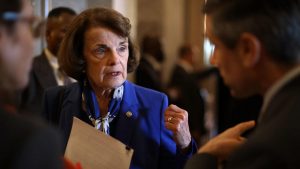
That Girl.
Explain the Chinese spy, Sen. Feinstein
By Marc Thiesen
Imagine if it emerged that the Republican chairman of the House or Senate intelligence committee had a Russian spy working on their staff. Think it would cause a political firestorm? Well, this month we learned that Sen. Dianne Feinstein (D-Calif.) had a Chinese spy on her staff who worked for her for about 20 years, was listed as an “office director” on payroll records and served as her driver when she was in San Francisco, all while reporting to China’s Ministry of State Security through China’s San Francisco Consulate. The reaction of the mainstream media? Barely a peep.
Feinstein acknowledged the infiltration but played down its significance. “Five years ago the FBI informed me it had concerns that an administrative member of my California staff was potentially being sought out by the Chinese government to provide information,” Feinstein said in a statement — which means the breach took place while Feinstein was heading the Intelligence Committee. But, Feinstein insisted, “he never had access to classified or sensitive information or legislative matters” and was immediately fired. In other words: junior staffer, no policy role, no access to secrets, quickly fired — no big deal.
But it is a big deal. I asked several former senior intelligence and law enforcement officials how serious this breach might have been. “It’s plenty serious,” one former top Justice Department official told me. “Focusing on his driver function alone, in Mafia families, the boss’s driver was among the most trusted men in the crew, because among other things he heard everything that was discussed in the car.”
A former top CIA clandestine officer explained to me what the agency would do if it had recruited the driver of a senior official such as Feinstein. “We would have the driver record on his phone all conversations that Feinstein would have with passengers and phone calls in her car. If she left her phone, iPad or laptop in the car while she went to meetings, social events, dinners, etc., we would have the driver download all her devices. If the driver drove for her for 20 years, he would probably would have had access to her office and homes. We would have had the source put down an audio device in her office or homes if the opportunity presented itself. Depending on the take from all of what the source reported, we would use the info to target others that were close to her and exhibited some type of vulnerability.”
“In short,” this officer said, “we would have had a field day.”
It seems improbable that Feinstein never once discussed anything sensitive in her car over a period of years. But let’s assume that Feinstein was extraordinarily careful and never discussed any classified information in front of her driver or on any devices to which he had access. Even so, one former top intelligence official told me, “someone in that position could give an adversary a whole bunch on atmospherics and trends and attitudes which are from time to time far more important than the things we call secrets.” He added, “It’s like [having access to her] unclassified emails.” (And we all know no one everexposes classified information on unclassified emails).
Washington is understandably focused on the threat from Russia. But according to FBI Director Christopher A. Wray, “China from a counterintelligence perspective represents the broadest, most pervasive, most threatening challenge we face as a country.” It was China, after all, that hacked the Office of Personnel Management in 2015, stealing the SF-86 security clearance forms of many thousands of executive-branch employees in the most devastating cyberattack in the history of our country. Beijing has successfully recruited FBI agents and State Department employees as spies, and has used information from U.S. informants to kill more than a dozen CIA sources inside the regime. And now, we know China recruited a high-value Senate staffer who worked in immediate proximity to the head of the Senate Intelligence Committee.
Feinstein owes the country a detailed explanation of how she let a Chinese spy into her inner sanctum. And the media should give this security breach the same attention they would if it involved Russia and the Republicans.
Marc Thiessen writes a twice-weekly column for The Post on foreign and domestic policy and contributes to the PostPartisan blog. He is a fellow at the American Enterprise Institute, and the former chief speechwriter for President George W. Bush.
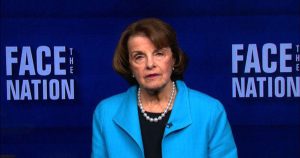
How The FBI Let A Chinese Spy Skate To Protect This Powerful Democrat
“For 20 years, California Senator Dianne Feinstein had a Chinese spy on her office payroll.”
“The Prime Directive was obviously to do nothing to embarrass Feinstein and that is exactly how the FBI handled the situation. Compare and contrast it with the scorched earth policy the FBI has used in regards to the Trump campaign and administration.”
Feinstein’s Ties to China Extend Beyond Chinese Spy
“According to the article, “For many years, Ms. Feinstein has tried to promote friendship and trade with China, and she has countered critics of the Chinese human-rights record by emphasizing what she described in a Senate speech last year as ‘major improvements in human rights’ there.”
“One of Feinstein’s first acts on becoming mayor of San Francisco in January 1979, was to visit Shanghai to establish sister-city relations.
The next apparent priority was re-establishing passenger airline service between China and the United States. Service was restored on Jan. 8, 1981, after a “32-year hiatus when a Boeing 747 with 139 Chinese passengers arrived exactly on time at San Francisco International Airport,” according to The New York Times.”
“According to the San Jose Mercury: “He [Jiang] once invited her and her husband to see Mao Tse-tung’s bedroom in his old residence, the first foreigners to do so. Feinstein had entertained Jiang in San Francisco, dancing with him as he sang ‘When We Were Young.’”
“This relationship proved fruitful in 1999, when President Bill Clinton was pushing to bring China into the World Trade Organization.”
Interuptus…
“A visit to Washington that year by Chinese Prime Minister Zhu Rongji, which many had hoped would seal the deal, produced nothing. Relations got even worse after U.S. bombers accidentally destroyed the Chinese Embassy in Belgrade that May.”

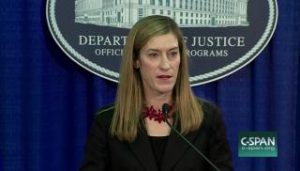
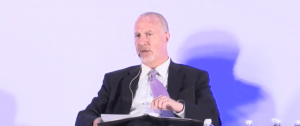
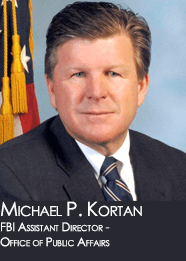
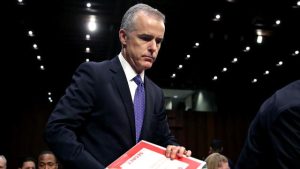
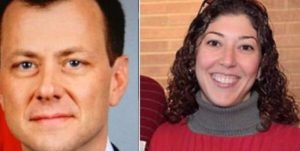
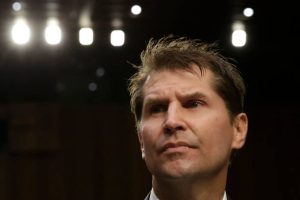
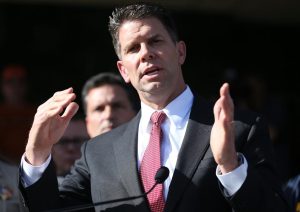


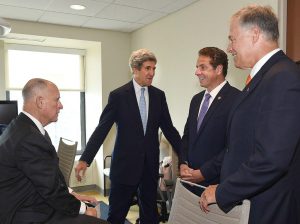
Beverly Hills 90210. GO figure.
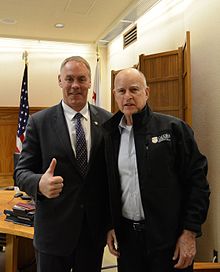
“How come the lights went on before he clapped.”
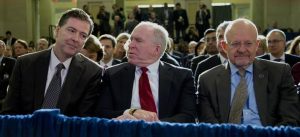
“What do you mean that you don’t remember the exact count?”
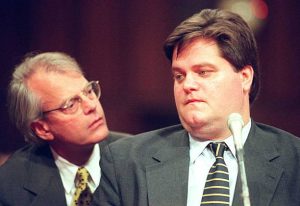


a



